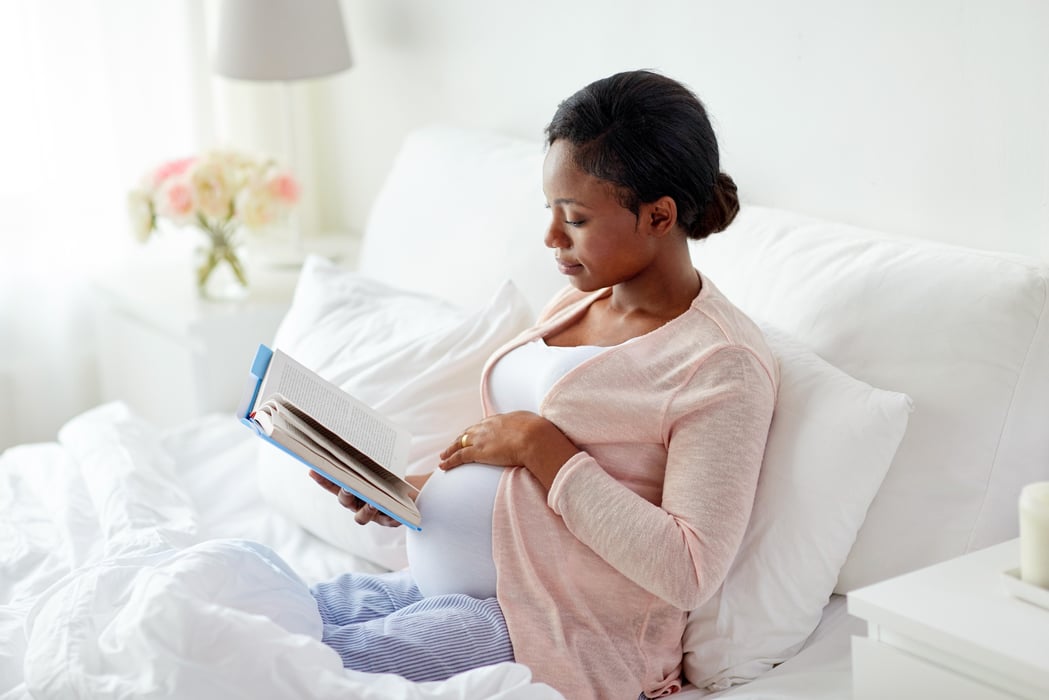Preterm Birth Drug Pulled From Market Over Lack of Effectiveness

WEDNESDAY, March 8, 2023 (HealthDay News) -- Pregnant women will no longer have any drug to prevent preterm birth after the maker of the only available treatment announced Tuesday that it will withdraw its product, Makena, from the market. The decision by Covis Pharma Group follows a U.S. Food and Drug Administration advisory panel vote last October that concluded the drug does not actually benefit newborns.
"While we stand by Makena's favorable benefit-risk profile, including its efficacy in women at highest risk of preterm birth, we are seeking to voluntarily withdraw the product and work with the FDA to effectuate an orderly wind-down," Covis Chief Innovation Officer Raghav Chari said in a statement.
Makena (hydroxyprogesterone caproate injection) was approved 12 years ago as part of the FDA accelerated drug approval program after promising results from a 2011 study, The New York Times reported. A larger study in 2019 showed no benefit to pregnant women or their infants.
The FDA has been proposing to remove Makena from the market since October 2020, a decision appealed by the drug maker, The Times reported. In October 2022, 15 FDA advisers voted that the study had not shown benefit. With one exception, they each voted for it to be withdrawn from the market.
"I think that when we leave something on the market that hasn't been shown to be effective, we lose out on other investigations that might be pursued," Anjali Kaimal, M.D., an obstetrician and administrator at the University of South Florida in Tampa, said during the October hearing, The Times reported. "And the last thing I would say is that, again, faced with that powerless feeling: Is false hope really any hope at all?"
Covis proposed letting women already using the drug finish doing so and for the company to use up its inventory, but the FDA opted to follow its own plan for the process instead. While some have felt the drug offers false hope, it was also the only choice available to offer women who have a health risk disproportionately affecting Black women and children, The Times reported.
Related Posts
USPSTF Recommends Anxiety, Depression Screening for Children
TUESDAY, April 12, 2022 (HealthDay News) -- The U.S. Preventive Services Task...
¿Tiene sentido de la orientación? El lugar donde se crió es clave
VIERNES, 1 de abril de 2022 (HealthDay News) -- Su capacidad de orientarse quizá...
AHA News: Why the World of LGBTQ Health Doesn’t Fit Under a Single Label
TUESDAY, June 14, 2022 (American Heart Association News) -- LGBTQ people may...
Kids Can Get Long COVID, Too
MONDAY, July 25, 2022 (HealthDay News) -- Though adults are more likely to...
